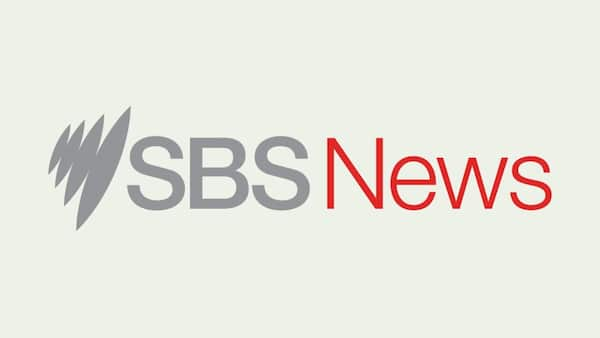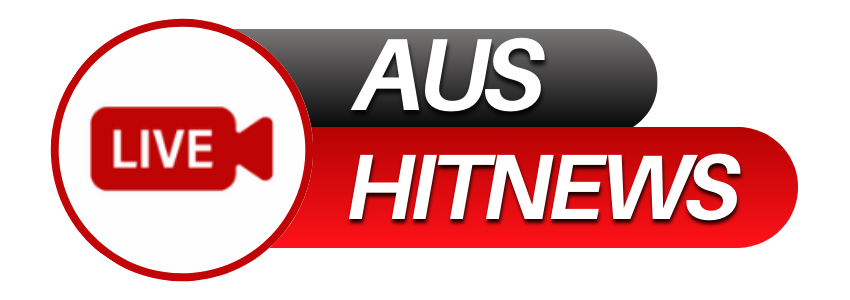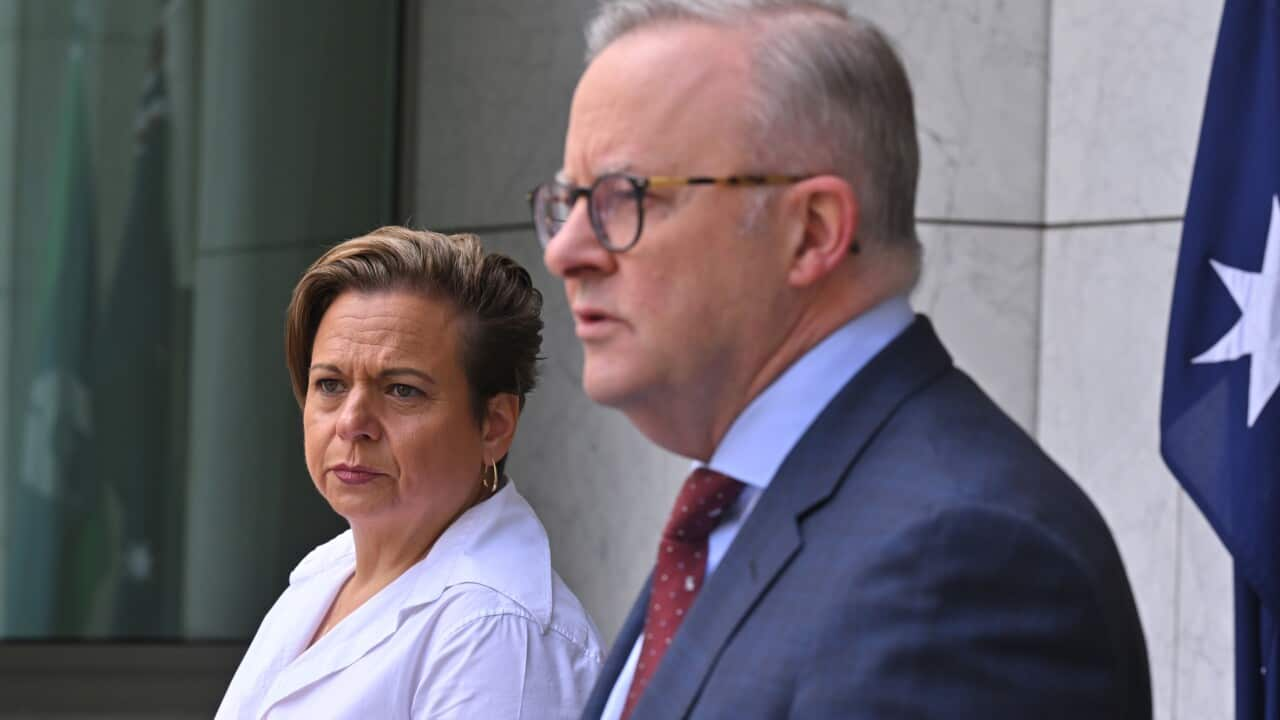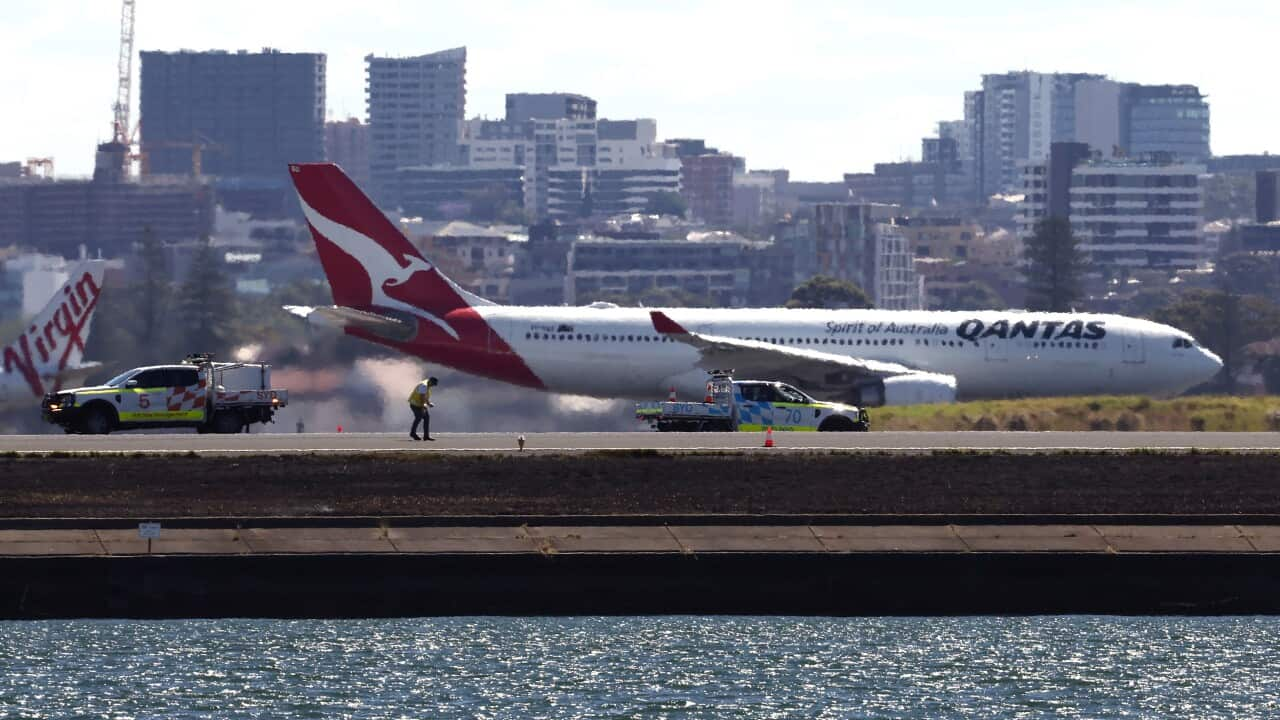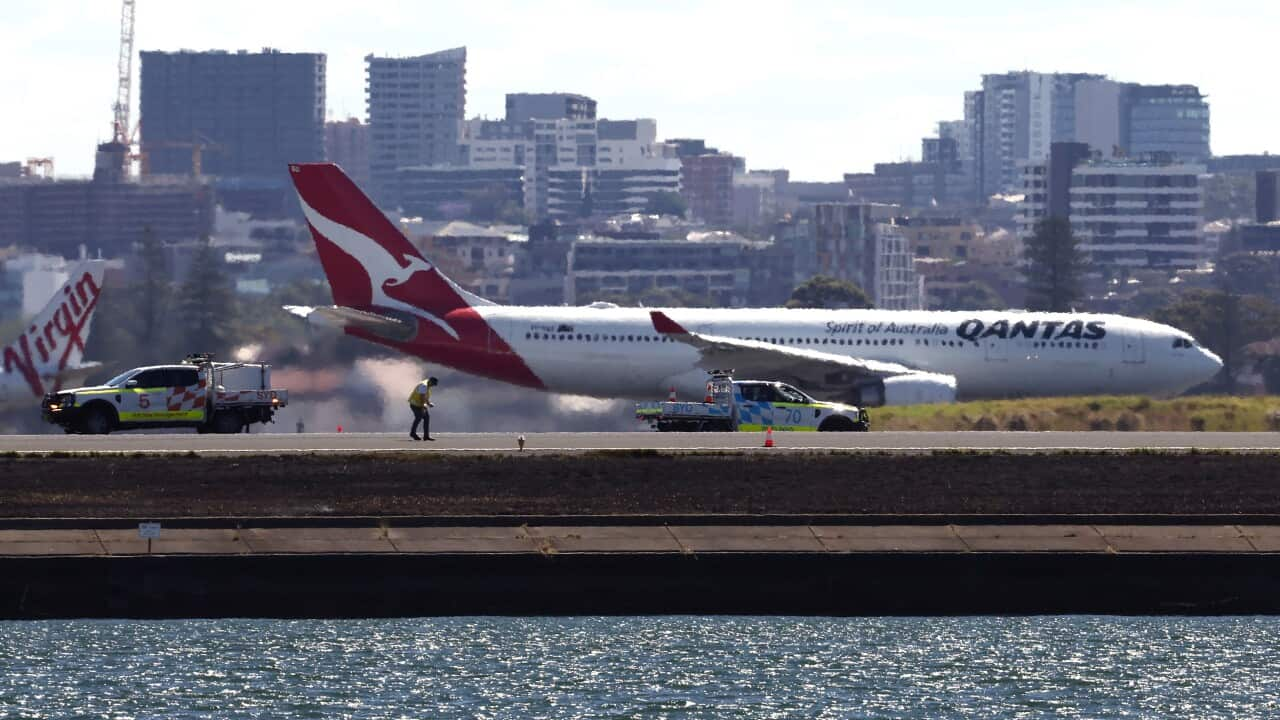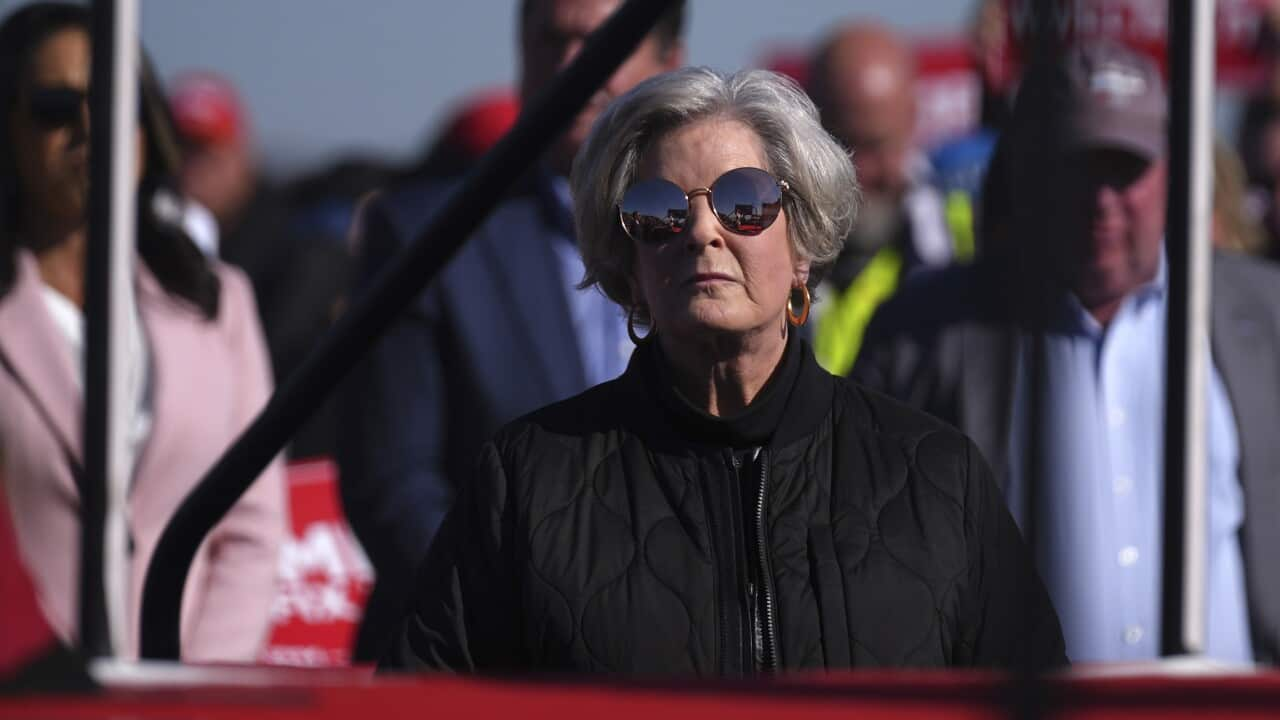A bill attempting to tackle misinformation online has stirred widespread controversy, with critics from across the political spectrum claiming it will infringe on freedom of speech.
Communications Minister Michelle Rowland has said the bill — which passed the House of Representatives on Thursday — is necessary for keeping Australians safe.
“This bill will increase the transparency and accountability of the actions of digital platforms … while balancing the freedom of expression that is at the very core of our democracy,” she said.
In an article published by Rowland in September, the minister said the surge of “harmful misinformation and disinformation is a significant issue for governments and society worldwide”.
“It must be reckoned with because if left unchecked, it will undermine our way of life as we know it,” she wrote.
The World Economic Forum’s 2024 Global Risks Report pointed to misinformation and disinformation as the biggest short-term risks, while extreme weather and climate change were the greatest long-term concerns.
The proposed laws will give the Australian Communications and Media Authority (ACMA) power to monitor digital platforms and require them to keep records about misinformation and disinformation on their networks.
The media watchdog would also be able to approve an enforceable industry code of conduct or introduce standards for social media companies if self-regulation was deemed to fail.
The bill will not cover misinformation if it’s used for parody or satire or within news, academic, artistic, scientific or religious content.
Professor Daniel Angus, director of Queensland University of Technology’s Digital Media Research Centre, told SBS News the bill is “not about prosecuting individual pieces of misinformation” but rather about targeting platforms.
“What this is giving is government and the regulators more of a stick to beat the platforms with if the platforms don’t actually comply in ways that would actually clean up the platform experience for users,” he said.
Angus said platforms could face “severe” civil penalties, including significant fines.
“This is not about taking action against individual pieces of misinformation. This is very much about taking aim at the policies and procedures that are in place,” he said.
‘An attack on free speech’
The bill has faced intense scrutiny and criticism since a draft was released for public consultation in 2023 and received over 24,000 responses.
While amendments have been made since then, many are still concerned about its definitions of misinformation and disinformation and its effects on freedom of speech online.
Dr Jay Daniel Thompson, a senior lecturer from the Royal Melbourne Institute of Technology, told SBS News that, while the bill is “well-intentioned”, he believes it has the “potential for censorship”.
“Quite a range of stakeholders have very understandable concerns — I don’t think this is a left issue,” he said.
The bill sets out types of misinformation and disinformation that are “reasonably likely to cause or contribute to serious harm”, including election interference, harming public health, vilification of individuals or groups, and imminent harm to the Australian economy.
However, Thomson said the definitions of serious harm caused by misinformation or disinformation “remain vague” in the proposed legislation.
The Human Rights Commission has cautioned that “information may be opportunistically labelled as ‘misinformation’ or ‘disinformation’ to delegitimise alternative opinions, and limit open discussion about issues of public importance”.
However, it acknowledged that misinformation and disinformation can have “real and significant impacts on human rights, social cohesion and democratic processes”.
It said that, despite improvements to the bill, freedom of expression is “not sufficiently protected”.
Liberal MP David Coleman said on Sky News in September that the bill has “no place in Australia” and called it “an attack on free speech”.
Owner of X Elon Musk also made headlines in September when he criticised Prime Minister Anthony Albanese on the social media platform,
In response, Albanese said social media companies had a social responsibility and, if Musk didn’t understand that, it said “more about him than it does about my government.”
The controversial billionaire then doubled down on his comments in another post on X, writing: “Far left Fascists love censorship”.
News Corp publications and TV shows have also frequently criticised the bill. In September Sky News presenter Peta Credlin told viewers to “say goodbye to the right of dissent”.
Angus said he believes the bill does a “fair job” of balancing free speech in the battle against misinformation and disinformation.
Unlike Americans, Australians don’t have a constitutional right to freedom of speech but we have implied freedom of political communication, as determined by the High Court.
The bill “sets a pretty high bar,” Angus said, adding that “any of the content that would be covered under the bill and come under the purview of the bill has to have been proven to actually constitute harm”.
Thompson said that while this raft of legislation aimed at issues with social media and big tech were admirable in their intentions, he believes they “look a little like knee-jerk reactions” and are “ultimately misguided”.
“We don’t want to throw the baby out with the bathwater — and we’re at perilous risk of getting rid of that baby right now,” he said.
With additional reporting from the Australian Associated Press.
